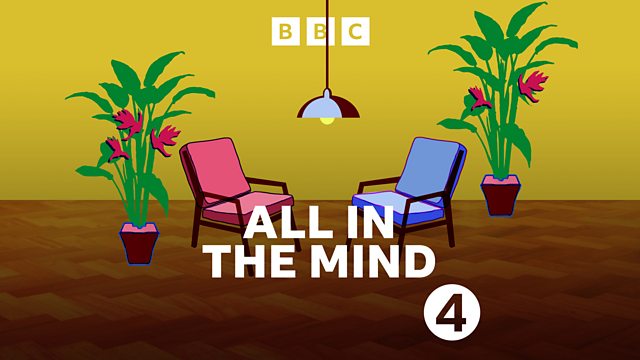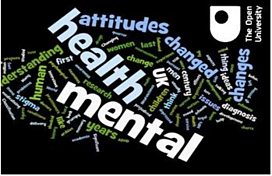Spotting Fake News; Humour Seriously; Green Prescriptions a Joy or Chore?
Fake news can travel fast, lodging itself deeper in the mind than truth. A new approach aims to pre-bunk misinformation with mild doses of the methods used to disseminate fake news
Fake news can travel faster and lodge itself deeper in the mind than the truth. Fact-checking comes too late and lies have already spread like a virus. Claudia Hammond investigates a new approach to pre-bunking misinformation via social media by inoculating the mind through exposing people to a mild dose of the methods used to disseminate fake news.
How underrated is humour? According to Stanford Business School researchers Jennifer Aaker and Naomi Bagdonas, authors of Humour Seriously, the frequency at which we laugh or smile drops rapidly from the age of 23 and the workplace is to blame. But as a tool for resilience and success at work, humour has some surprisingly powerful effects on the mind that we should all embrace.
People with anxiety or depression are increasingly being prescribed spending a certain amount of time in nature. But are so called Green Prescriptions right for everyone? Mathew White of Exeter University discusses his new research that reviews 166 studies which suggest that for some, a walk in nature may be more of a chore than a joy. Could the strong psychological beneficial effects be achieved with a dose of virtual reality instead?
Claudia Hammond鈥檚 guest is Daryl O鈥機onnor, Professor of Psychology at the University of Leeds.
Producer Adrian Washbourne
Last on
![]()
All in the Mind is produced in association with The Open University
Broadcasts
- Tue 10 Nov 2020 21:00大象传媒 Radio 4
- Wed 11 Nov 2020 15:30大象传媒 Radio 4
Podcast
-
![]()
All in the Mind
The show with the latest evidence on psychology, mental health and neuroscience.




